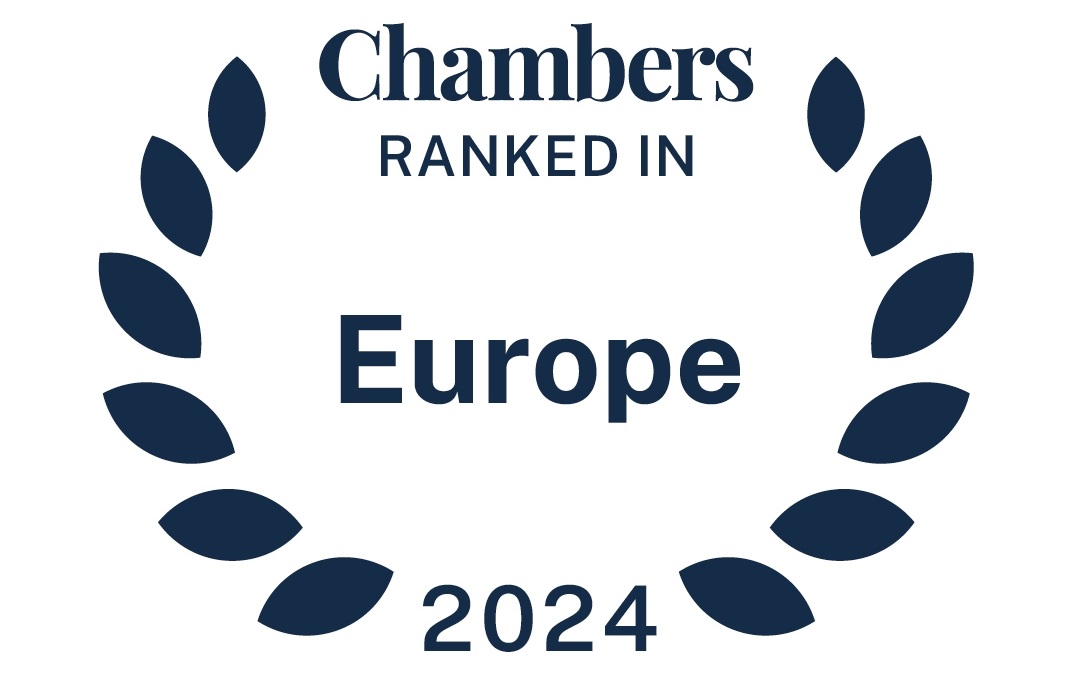One year after its entry into force on July 12, 2023, the Foreign Subsidies Regulation (FSR) continues to make headlines. The FSR allows he European Commission (EC) to investigate financial contributions granted by non-EU governments to companies active in the European Union and to impose measures to redress any uncovered distortive effects.
Contrary to expectations, the EC was quick to implement this new investigative tool to remedy the distortions caused by the allocation of foreign subsidies on the internal market. Read more in our previous post here.
In addition, it is highly likely that FSR-based controls will be strengthened in the coming years as national protectionism increases. For example, the Inflation Reduction Act (IRA), adopted by the USA in 2022 and introducing a nationwide support plan including production subsidies and tax incentives, is likely to subject US companies to FSR notification obligations and possibly to reinforced ex officio investigations by the EC.
Although the recent examples of FSR implementation have provided a better understanding of the EC’s priorities, many questions remain for economic operators, and even more so for private equity (PE) investors.
Private Equity and Merger Control | Treading Lightly
Investment funds are also subject to EC scrutiny under the FSR. In addition to large Chinese companies, Sovereign Wealth Funds (SWFs) and in particular SWFs from the Middle East are among the EC’s “usual suspects”.
As evidence, the EC has recently announced on June 10, 2024, that it opened a formal investigation into a EUR2.2 billion telecom deal involving a buyer from the United Arab Emirates (UAE), which is suspected of receiving distortive subsidies from the UAE government. In particular, the acquirer is suspected of receiving subsidies in the form of an unlimited guarantee from the UAE and a loan from UAE-controlled banks directly facilitating the contemplated transaction. It should also be noted that unlimited guarantee is considered by the EC to be among the most likely subsidies to distort the internal market.
As a result, investment funds must be particularly vigilant on the FRS’s enforcement, especially when carrying mergers exceeding the notification thresholds, i.e., where the acquired company, one of the merging parties or the joint venture generates an EU turnover of at least EUR500 million and the parties were granted foreign financial contributions (FFCs) of more than EUR50 million in the last three years.
Such vigilance is essential, as one of the notification thresholds is easily exceeded given the EC’s broad interpretation of the concept of FFCs. As recalled by the EC in its Q&A, a financial contribution provided by a private entity may be attributed to a third country when, for example, the private entity is directed or entrusted by the third country to undertake a certain action. Consequently, the investment of a state-affiliated Limited Parter (LP) could ultimately be considered an FFC.
In this context, PE firms should establish a systematic monitoring and quantification of FFCs to assess whether the applicable notification thresholds are met. Read more in our previous post here. They should also ensure that their funds’ structures can easily be described to the EC.
For the purposes of this assessment by the Commission, the FSR and its Implementing Regulation provide for certain exemptions for funds and PE firms. In particular, the Form FS-CO, which describes the information that must be disclosed about the proposed transaction, provides that in the case of acquisition of control or creation of joint venture by an investment fund or by a legal entity controlled by or via an investment fund, it is not necessary to include FFCs granted to other investment funds managed by the same investment company but with a majority of different investors provided that the two following conditions are cumulatively met:
- The fund which controls the acquiring entity must be subject to EU Directive AIFM or to an equivalent third country legislation in terms of prudential, organizational and conduct rules, including requirements aimed at protecting investors; and
- The economic and commercial transactions (e.g. the sale of assets including ownership in companies, loans, credit lines, or guarantees) between the fund which controls the acquiring entity and other investment funds (and the companies controlled by these funds) managed by the same investment company are non-existent or limited.
Regarding the first condition, please note that in April 2024, the EC specified in its Q&A, that investment companies should provide evidence that the legislation in question includes sufficient guarantees to prevent cross-subsidization between funds, including their portfolio companies.
In this context, given the broad scope of the FSR and the practical difficulties that may be encountered in collecting the appropriate level of information requested by the EC, it is worth considering engaging in pre-notification discussions with the EC (namely the Directorate-General for Competition) well in advance of the notification to prepare for the preliminary review of FFCs and to negotiate waivers to limit the collection and disclosure efforts.
How Will the IRA Impact Investigations on Bids in Public Procurement Procedures?
Regarding EC investigations on bids in public procurement procedures (PPPs) involving financial contributions by non-EU governments, the notification thresholds is even more easily exceeded since FSR notification is required where the estimated value of the contract is at least EUR250 million, and the tenderer has been granted aggregate FFCs of at least EUR4 million per third party country in the three years preceding the notification. If the procurement is subdivided into lots, the value of the lot or the aggregate value of all the lots for which the company is bidding must also be at least EUR125 million, in addition to the above two criteria.
In this context, companies operating in the EU that have benefited from FFCs granted under the IRA are likely to be subject to notification requirements if they decide to participate in a European tender. Indeed, in an answer given by its Executive Vice-President, the EC confirmed that FFCs granted pursuant to the IRA to companies engaging in an economic activity in the US (primarily in the form of tax credits) will need to be assessed on a case-by-case basis under the FSR.
The IRA raises some concerns among investors, EU operators and contracting authorities. For example, the EC pointed out that some provisions of the IRA could raise serious doubts as to its compatibility with World Trade Organization rules and having adverse effects on companies not located in the US.
Finally, it should be noted that in addition to the FSR, the EC also recalled that under the EU’s Anti-Subsidy Regulation (Regulation (EU) 2016/1037), if an EU industry is harmed by imports of a subsidized product from a non-EU country, the Commission may impose countervailing measures if it is in the EU’s interest to do so (e.g., ongoing investigation into China-based battery electric vehicle producers).





